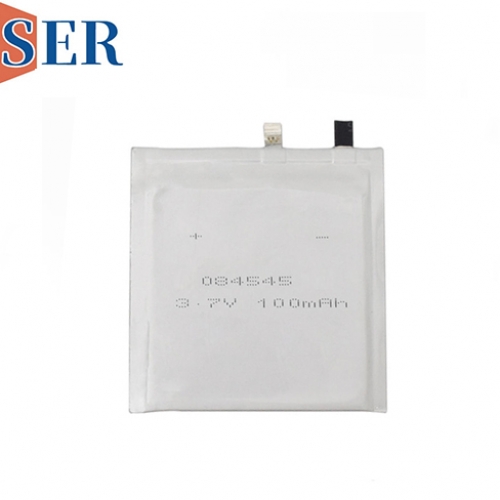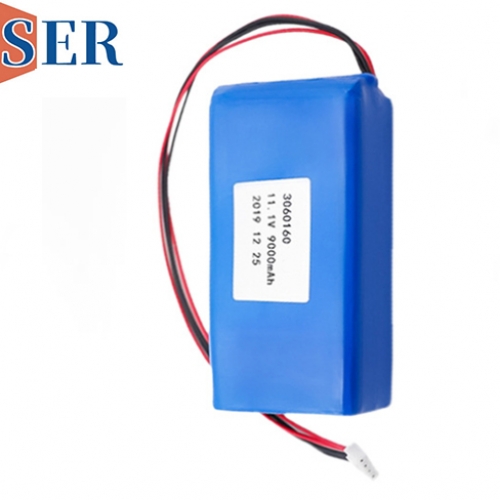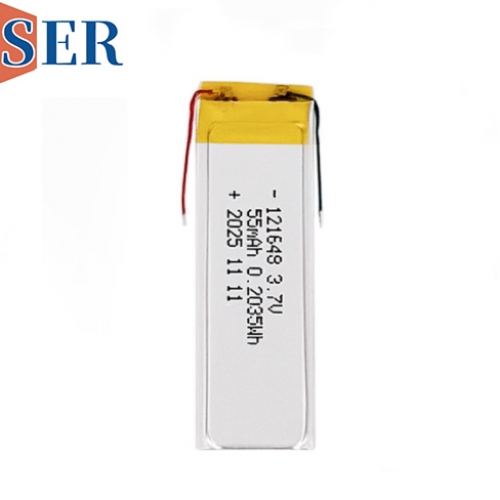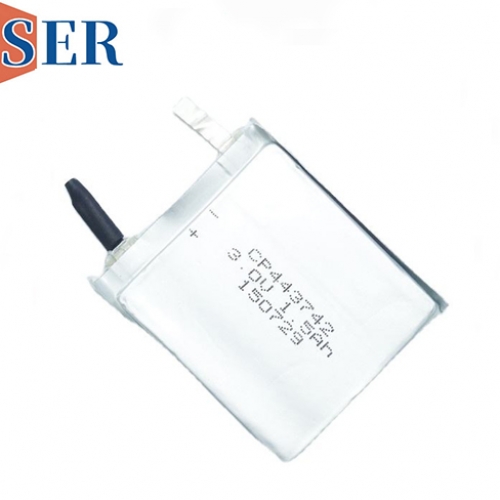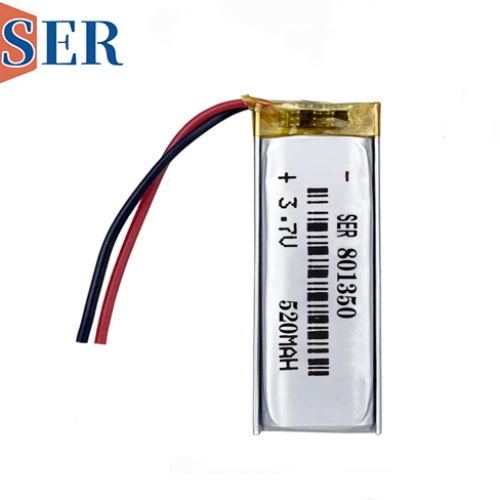Medically graded limno2 ultra-thin non-rechargeable batteries
Medically graded limno2 ultra-thin non-rechargeable batteries
Limno2 Ultra-Thin Non-Rechargeable Batteries are medically graded batteries that are designed for use in medical devices. These batteries are specifically made for applications that require high-performance and reliability, such as pacemakers, defibrillators, and other implantable medical devices.

Medically graded batteries are subject to strict regulations and testing standards to ensure their safety and reliability. They are typically made with high-quality materials and undergo rigorous testing to ensure they meet the necessary performance criteria.
Limno2 Ultra-Thin Batteries are designed to be thin and lightweight, which can be beneficial for certain medical devices that require a compact and lightweight power source. They are also non-rechargeable, which means they can be used once and then discarded, reducing the potential for patient harm due to battery issues.
If you are interested in using Limno2 Ultra-Thin Non-Rechargeable Batteries in your medical device, it is important to consult with a medical device manufacturer or SER GROUP Limited who can provide you with the necessary information and guidance on how to use these batteries safely and effectively.
Medically graded batteries have specific requirements that are necessary for their safe and effective use in medical devices. Some of the key requirements include:
Safety: Medically graded batteries must be designed and manufactured to ensure maximum patient safety. This includes using non-toxic materials, ensuring proper encapsulation to prevent battery leakage, and ensuring the battery is shock-resistant to prevent accidental damage. some LiSOCL2 battery are also used in medical area,like ASSA ABLOY smart lock.
Performance: Medically graded batteries must meet the performance requirements of the medical device they are intended for. This includes providing a consistent and reliable power supply, as well as meeting any specific voltage, current, or capacity requirements.
Longevity: Medically graded batteries must have a long service life to ensure the device remains functional for the duration of its intended use. The battery must be able to withstand the environmental conditions and usage patterns expected in the medical device.
Li-SOCL2 battery and LiMNO2 battery are best choice, especial for Limno2 Ultra-Thin Non-Rechargeable Batteries.
Regulatory Compliance: Medically graded batteries must comply with all relevant regulatory standards and guidelines, including those set by the FDA and other international regulatory agencies. This ensures the battery meets the necessary safety and performance criteria for use in medical devices.
Traceability: Medically graded batteries must have a traceable history, including the manufacturer, production date, batch number, and expiration date. This information is important for tracking and managing the battery inventory, as well as for recalling any potentially defective batteries.
It is important to note that the specific requirements for medically graded batteries may vary depending on the type of medical device and the specific battery technology being used. It is recommended to consult with a medical device manufacturer or supplier who can provide you with detailed information on the specific requirements for medically graded batteries in your specific application.

